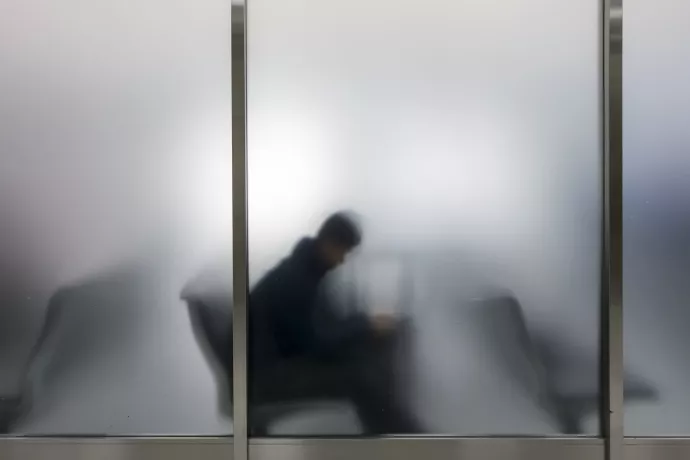Travelling while Muslim: UTM sociologist on identity and citizenship at the border

For many Muslim travellers, crossing the border is an experience charged with fear and trepidation. A U of T Mississauga sociologist is investigating how border security routinely violates human and civil rights, and the impact this is having on those targeted by heightened security measures.
Professor Paula Maurutto and co-researcher Baljit Nagra, of the University of Ottawa, are studying the effects of racialized border practices on identity and citizenship of Muslim Canadians with a follow up to previous research on travel and Muslim identity.
In a study published in the Canadian Journal of Sociology in 2016, Maurutto and Nagra interviewed 50 young Muslim Canadians between the ages of 18 and 31 living in Vancouver and Toronto. “Our interviewees referred to being repeatedly stopped, questioned, detained and harassed by security personnel,” Maurutto says. “They felt that any evidence of their Muslim identity—name, country of birth, appearance or clothing—made them a target for extra surveillance.” In those situations, interviewees reported that they felt fearful they would stripped of their rights, and said they felt a lack of ability to freely assert their religious identities when travelling.

Maurutto and Nagra are currently completing related research, investigating the effects of Bill C-51 on Muslim Canadian travellers. Passed in 2007, the legislation expanded the Canadian Passenger Protect Program so the government could add anyone to the no-fly list who they suspected might engage in terrorism. “At the time, it was estimated that there were between 500 and 2,000 names on that list,” Maurutto says. “We don’t have current data on who has been added to or removed from the list since then.”
“It’s very difficult to get information about the list—people only find out that they’re on it when they are denied a boarding pass and there’s very little recourse to get one’s name removed from the list,” she says. “It has real implications—it affects whether people can leave the country for business, to visit family, accompany their children or go abroad for university.”
“The government has created legislation and practices with a serious impact that hasn’t been thought out carefully,” she says. “[Muslim Canadian] freedoms are being restricted because they are part of a group. But these are human rights and civil rights violations of people who have legitimate Canadian status. We have to understand how human rights are being violated and why certain groups are targeted.”



